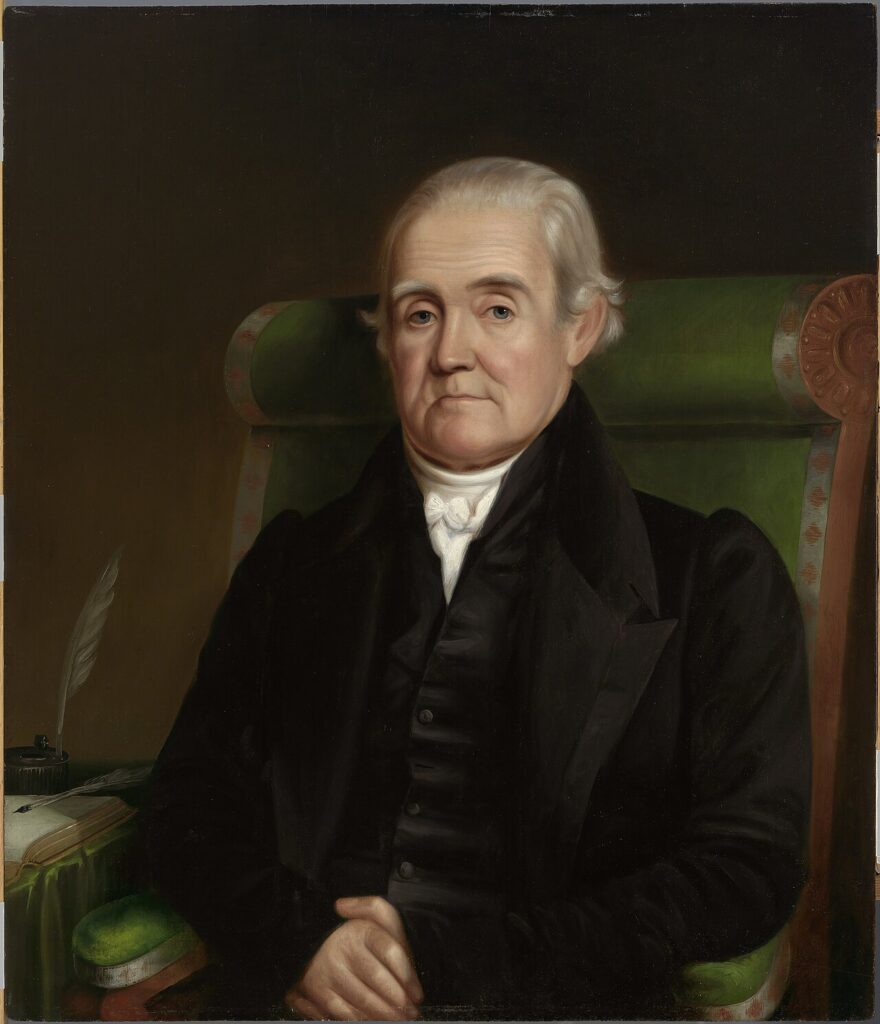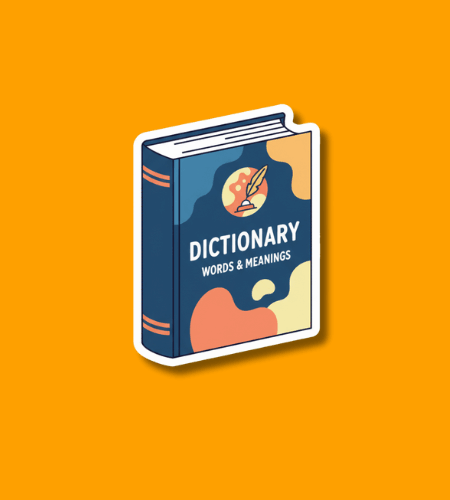Dictionary Day is observed on October 16 each year. It commemorates the birth of Noah Webster (October 16, 1758), who is often called the “father of the American dictionary,” and celebrates the power of words, vocabulary, and lexicography.
History of Dictionary Day

Noah Webster was born in West Hartford, Connecticut, on October 16, 1758. He gained prominence as an educator, lexicographer, and spelling reformer, with the goal of standardizing American English and reducing reliance on British norms.
Webster published his first lexicographic work, A Compendious Dictionary of the English Language, in 1806 and continued to expand it over decades. His larger, more ambitious An American Dictionary of the English Language was completed over 27 years of work and became a major reference for American English.
Although “Dictionary Day” is not a formally declared national holiday in most places, many language lovers, educators, librarians, and dictionary publishers use October 16 to promote vocabulary, literacy, and word curiosity.
Why is Dictionary Day important?
Words are the tools through which we think, communicate, and understand each other and the world. A dictionary is more than a book of definitions—it captures how a language grows, adapts, and reflects culture over time. Observing Dictionary Day reminds us of how essential clear, shared meaning is for connection, learning, and progress.
Additionally, Dictionary Day encourages appreciation for the labor of lexicographers and linguists: those who research usage, etymology, and evolving meanings. It invites reflection on how new words enter language and old ones fade, and on how dictionaries help anchor us in communication while also being dynamic. In a time of rapid linguistic change (slang, internet terms, global borrowing), the day encourages mindfulness of how we use words, how language evolves, and how dictionaries strive to track that.
- It honors the life and work of Noah Webster
- It encourages reading, vocabulary building, and language curiosity
- It highlights the role of dictionaries in preserving and evolving language
- It invites reflection on how language changes over time
- It recognizes the work of lexicographers and language scholars.
How to Observe Dictionary Day
One fun and meaningful way is to learn a few new words—especially ones you haven’t seen before—and try using them in conversation or writing. You might pick them from a dictionary app, a print volume, or a “word of the day” source. Teachers, librarians, or writers can highlight unusual words, run vocabulary challenges, or host word games with students or friends.
Another idea is to honor and explore dictionaries themselves: visit a library’s dictionary section, examine historical editions of dictionaries, compare how different dictionaries define the same word, or even research how certain words have changed meaning over time. For writers or language enthusiasts, you could write a short essay on a favorite word or how your own vocabulary has grown. Online, you might share favorite words or dictionary trivia on social media using a hashtag like #DictionaryDay.
- Learn and use one or more new words
- Challenge a friend or class to vocabulary games
- Examine older or specialized dictionaries and compare entries
- Post a favorite word or dictionary insight online
- Write a short “etymology story” of a word you like.
Dictionary Day Dates Table
| Year | Date | Day |
|---|---|---|
| 2026 | October 16 | Friday |
| 2027 | October 16 | Saturday |
| 2028 | October 16 | Monday |
| 2029 | October 16 | Tuesday |
| 2030 | October 16 | Wednesday |
Subscribe to our newsletter and never miss a holiday again!

